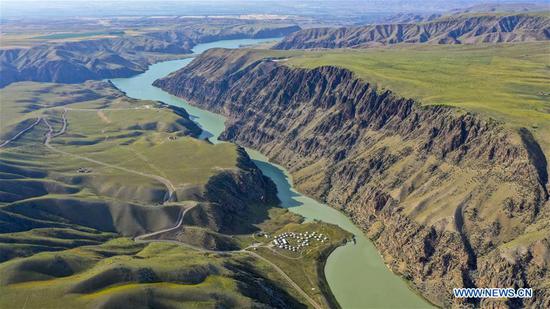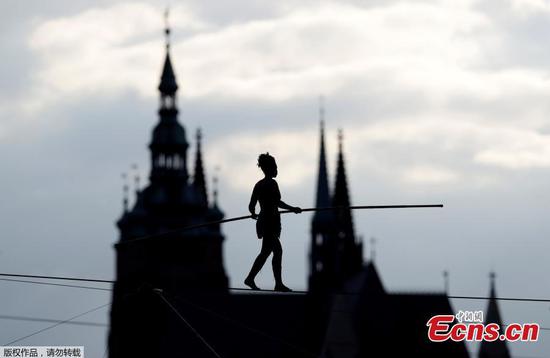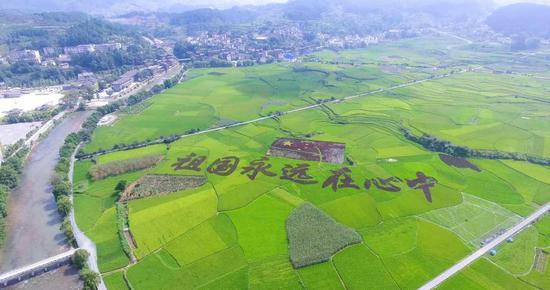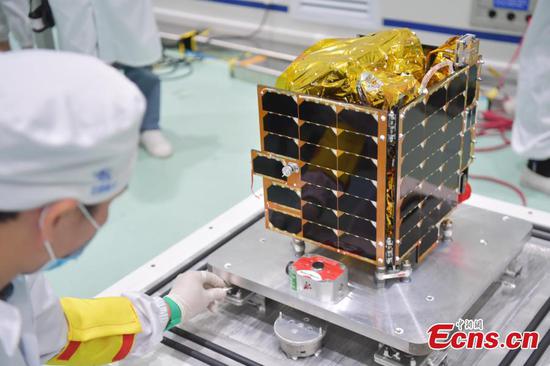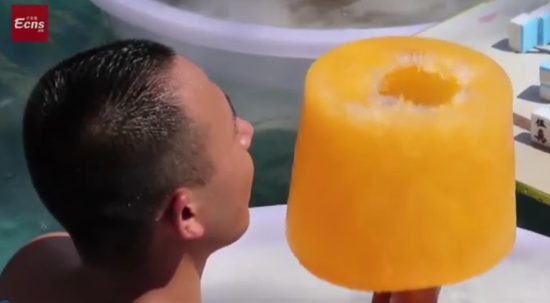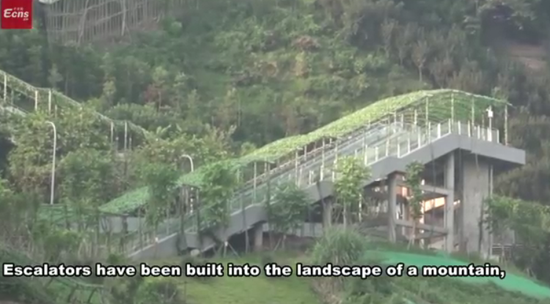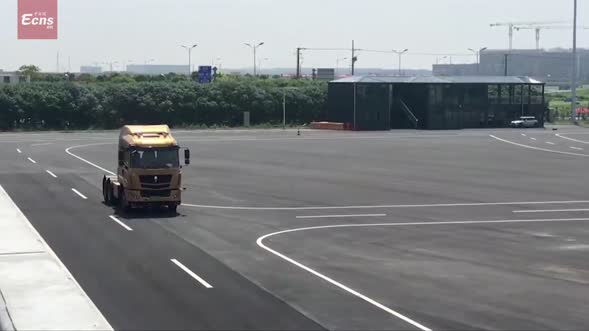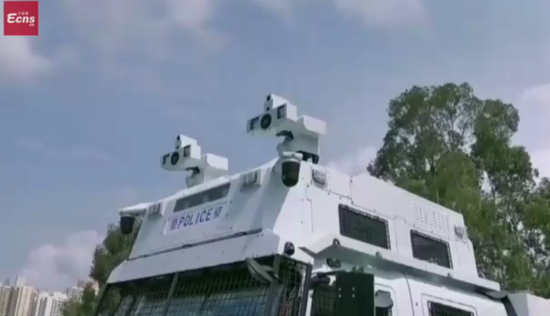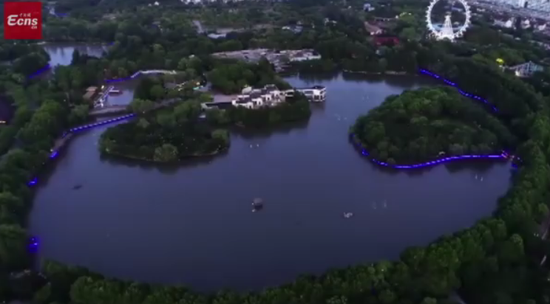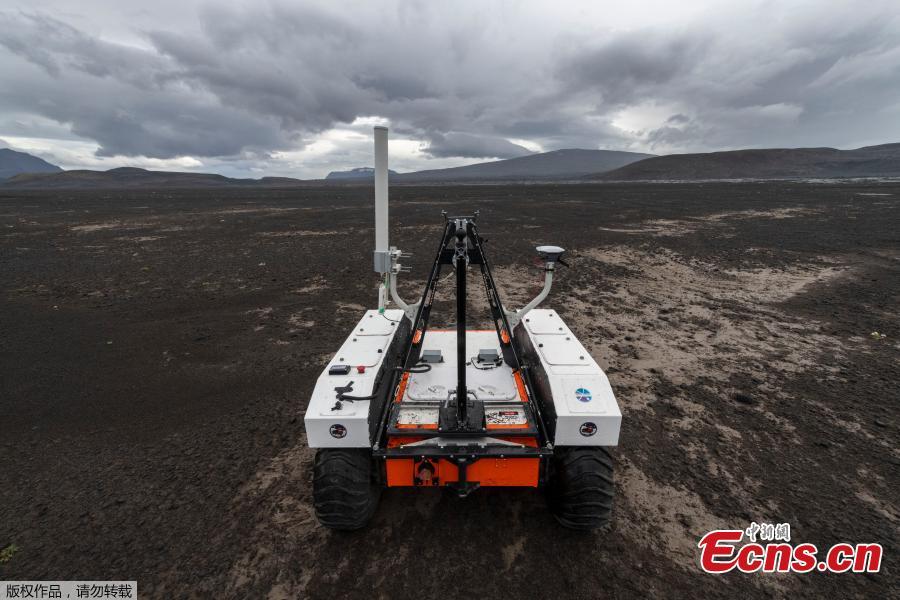
The picture taken on July 19, 2019 shows the NASA's new robotic space explorer at their base at the Lambahraun lava field in Iceland where they are getting it ready for the next mission to Mars. To prepare for the next mission to Mars in 2020, NASA has taken to the lava fields of Iceland to get its new robotic space explorer ready for the job. With its black basalt sand, wind-swept dunes and craggy peaks, the Lambahraun lava field at the foot of Iceland's second biggest glacier, Langjokull, was chosen as a stand-in for the Red Planet's surface. (Photo/Agencies)
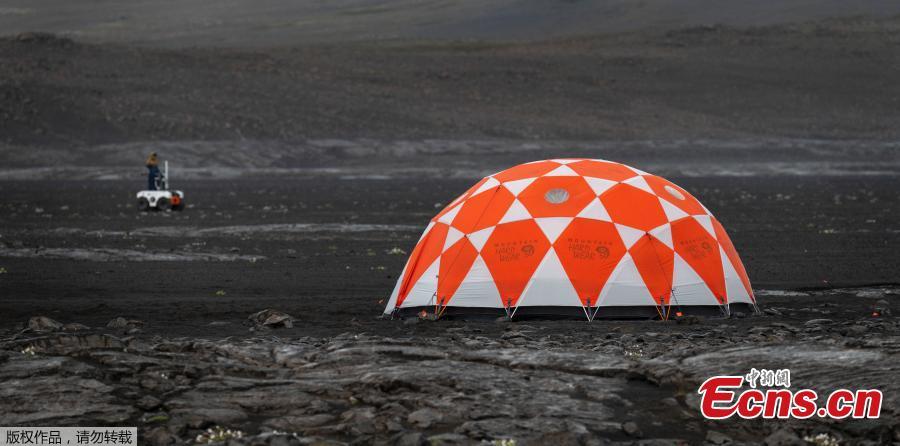
The picture taken on July 19, 2019 shows the NASA base at the Lambahraun lava field in Iceland where they are getting their new robotic space explorer ready for the next mission to Mars. To prepare for the next mission to Mars in 2020, NASA has taken to the lava fields of Iceland to get its new robotic space explorer ready for the job. With its black basalt sand, wind-swept dunes and craggy peaks, the Lambahraun lava field at the foot of Iceland's second biggest glacier, Langjokull, was chosen as a stand-in for the Red Planet's surface. (Photo/Agencies)
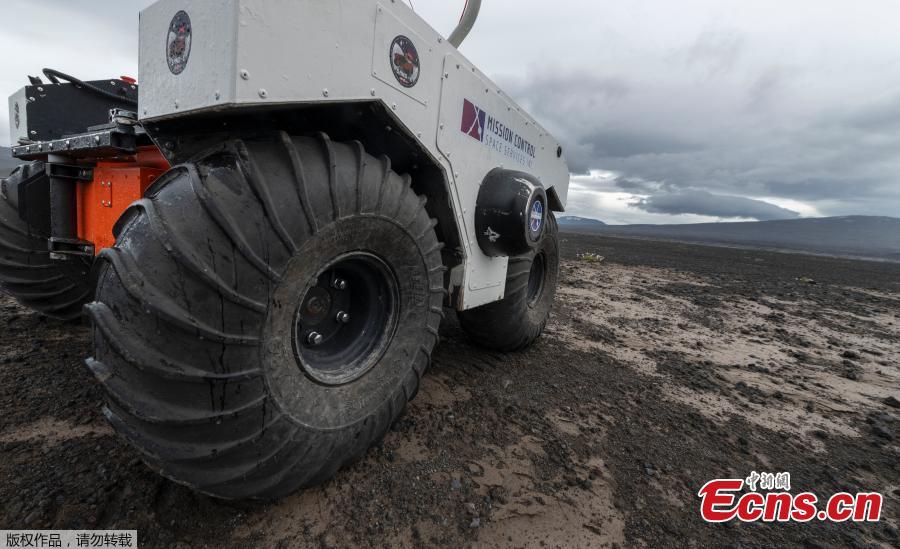
The picture taken on July 19, 2019 shows the NASA's new robotic space explorer at their base at the Lambahraun lava field in Iceland where they are getting it ready for the next mission to Mars. To prepare for the next mission to Mars in 2020, NASA has taken to the lava fields of Iceland to get its new robotic space explorer ready for the job. With its black basalt sand, wind-swept dunes and craggy peaks, the Lambahraun lava field at the foot of Iceland's second biggest glacier, Langjokull, was chosen as a stand-in for the Red Planet's surface. (Photo/Agencies)
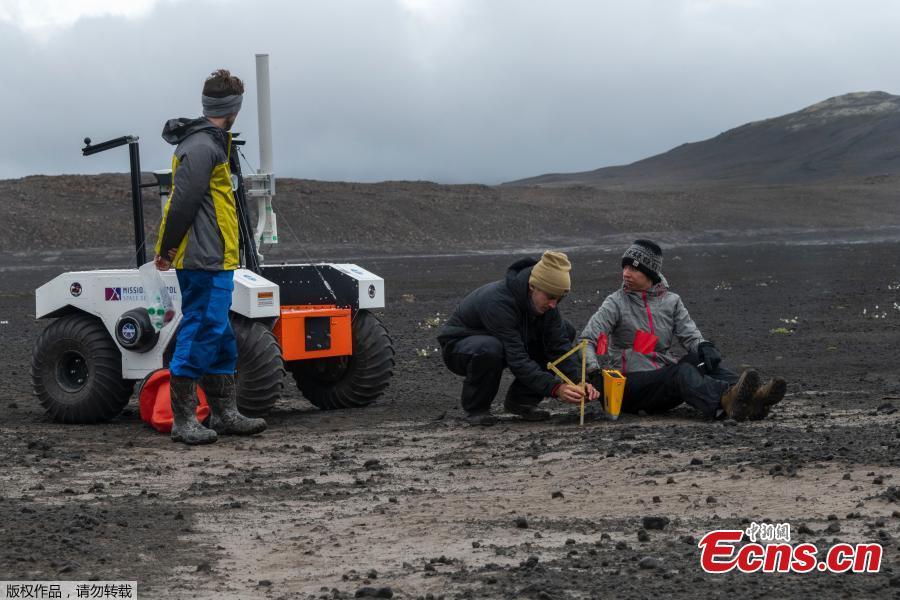
The picture taken on July 19, 2019 shows scientists working at the NASA base at the Lambahraun lava field in Iceland where they are getting their new robotic space explorer ready for the next mission to Mars. To prepare for the next mission to Mars in 2020, NASA has taken to the lava fields of Iceland to get its new robotic space explorer ready for the job. With its black basalt sand, wind-swept dunes and craggy peaks, the Lambahraun lava field at the foot of Iceland's second biggest glacier, Langjokull, was chosen as a stand-in for the Red Planet's surface.(Photo/Agencies)











